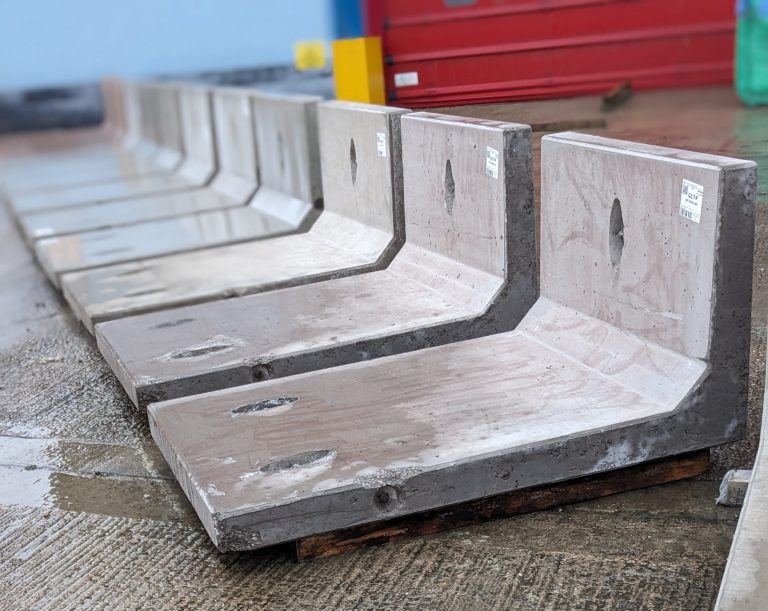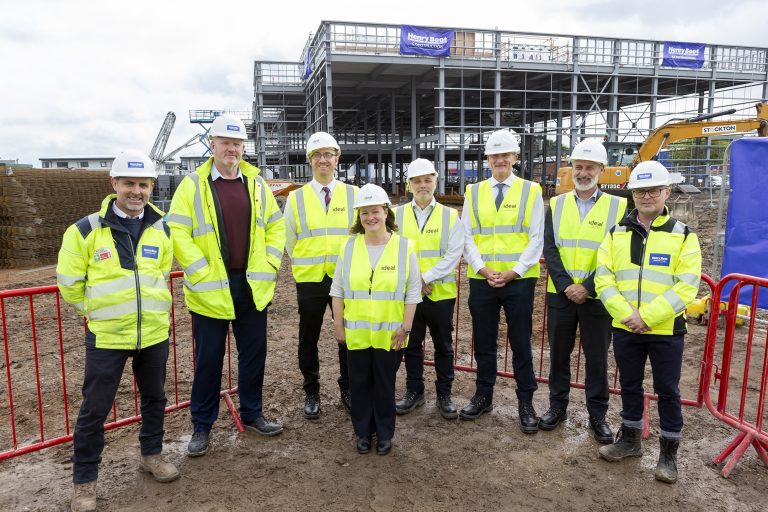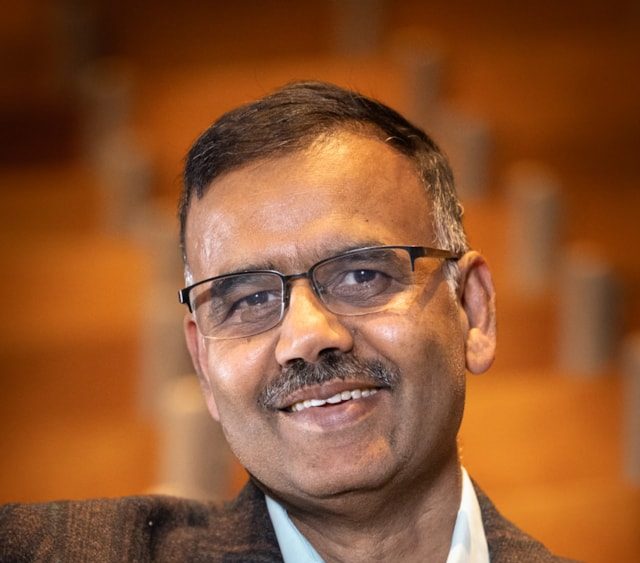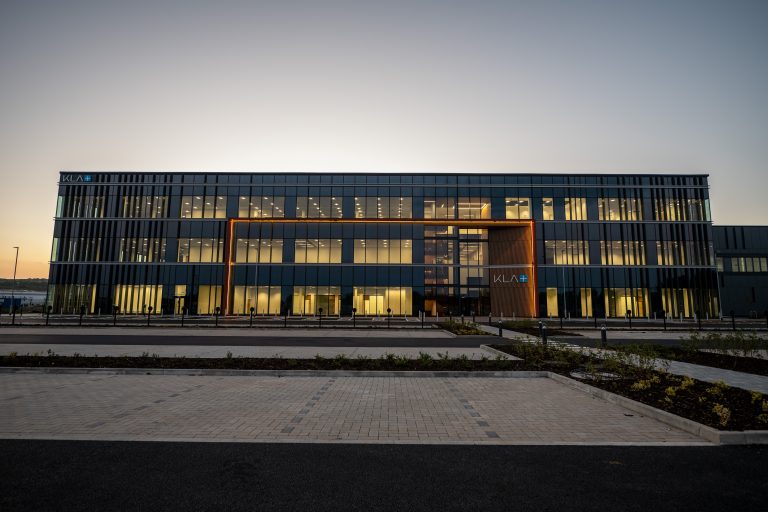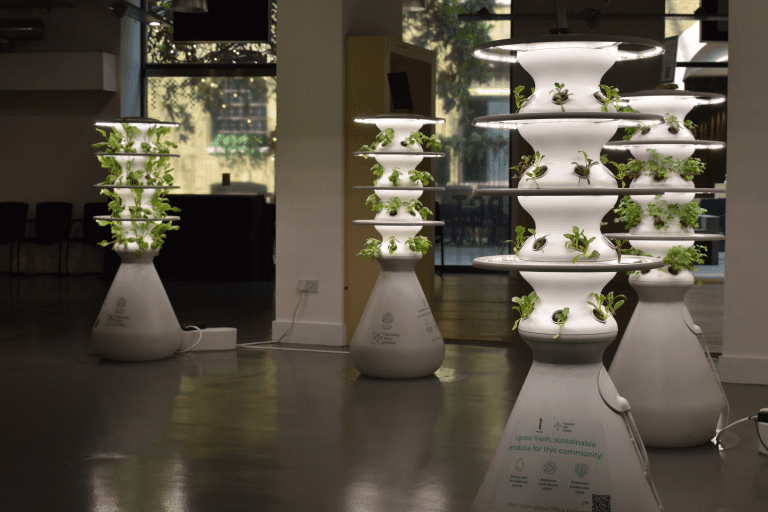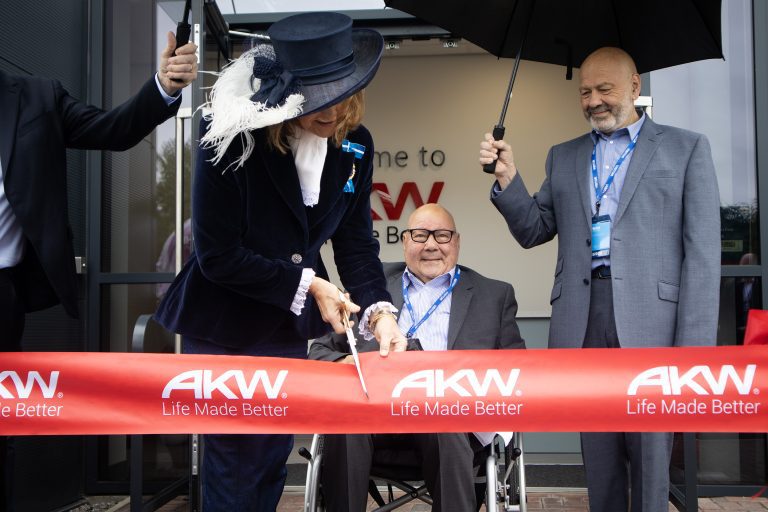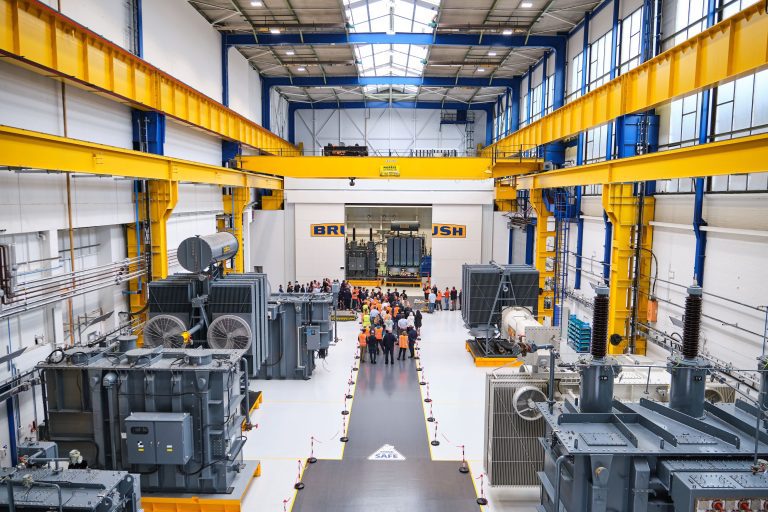Loughborough, UK: Energy engineering solutions provider BRUSH Group has opened a multi-million-pound world-class transformer test cell facility at its transformer manufacturing facility in Loughborough, Leicestershire, UK. The facility, housed in a huge former workshop at the firm’s iconic Falcon Works in the Leicestershire town, will put newly built power transformers through their paces before being shipped out to BRUSH customers. Key customer representatives joined BRUSH employees for the official opening of the test cell which features a high-voltage acoustic test area with 12-metre-high doors. From this new testing facility, BRUSH has the capability to conduct a comprehensive range of tests on its transformers, ensuring they surpass the high standards of performance the company’s customers have come to expect. With dedicated storage for up to four of BRUSH’s biggest transformer units, the facility allows the company to significantly increase its production capacity to meet the UK’s fast-growing demand for power transformers as the country gears up for decarbonisation. The test cell also enables BRUSH to offer the most comprehensive suite of routine and type tests for transformers up to 170kV, both new builds and retrofit units. Energy efficient by design, with a whole raft of health and safety features, the purpose-built, high-capacity space is both IEC (BSEN) and ENA compliant. Nicolas Pitrat, CEO of BRUSH Group said: “We’re seeing rapidly increasing demand for power transformers from all segments of our customer base in the UK, from power networks operators and renewable energy producers to public infrastructure providers and commercial developers. “Opening of our new world-class test cell here in Loughborough allows us to keep pace with that demand and play our part in the domestic supply chain, enabling energy producers and consumers to connect to the grid and accelerate towards net zero. “I’m really proud of what the team at BRUSH has achieved with this latest investment, and especially pleased with our team of new engineering apprentices who have come on board to support our growth including operating the new test cell.” The range of tests offered includes winding resistance, CT tests, core and frame insulation, capacitance and insulation power factor, short-circuit impedance, load loss / no-load loss, applied voltage, NVD bushing capacitance, impulse test, temperature rise test, hot spot measurement, SFRA, RSO, tank vibrations and sound levels. Building, Design & Construction Magazine | The Choice of Industry Professionals




